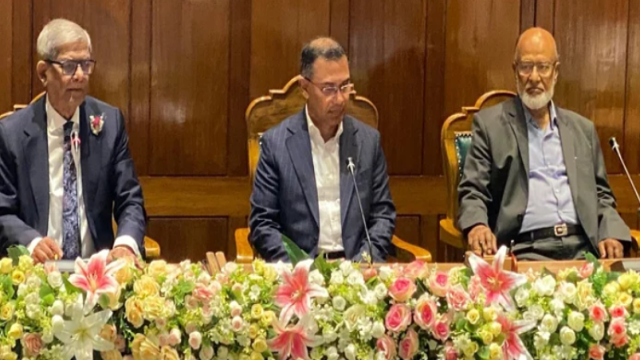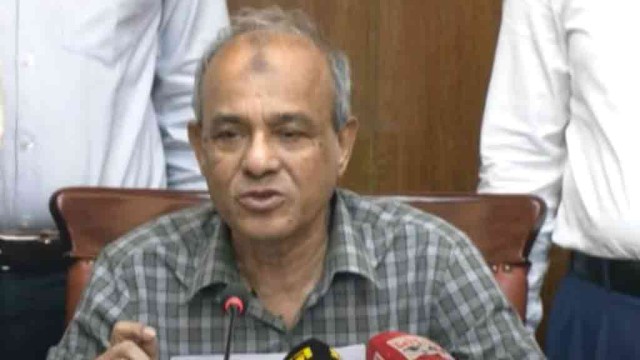As part of a deal among oil producers to raise prices in the wake of economic uncertainty, Moscow, Riyadh, and many other OPEC+ members agreed on Sunday to extensions to the oil production restrictions that were initially announced in 2023.
The decision to prolong the restrictions until mid-2024 follows earlier reductions in oil exports and output as some of the biggest energy producers in the world attempt to raise market prices.
Russia announced reductions of 471,000 barrels per day (bpd) in Q2, while Saudi Arabia's oil ministry indicated it will reduce output by one million barrels per day (bpd) from April to June (Q2)."These additional cuts will be gradually restored depending on market conditions to maintain market stability," Russia's Deputy Prime Minister Alexander Novak stated following the conclusion of the second quarter.
In addition, a 500,000 bpd cut announced in April 2023 and valid until the end of 2024 is supplemented by the measures for both nations.
Following suit, the UAE, Kuwait, Iraq, and Kazakhstan declared they will prolong the current voluntary reduction through the end of June.
Since the end of 2022, the 22-nation OPEC+ oil coalition has slashed supplies by more than five million barrels per day (bpd).
Oil prices shot up to $140 in 2022 following Russia's invasion of Ukraine, boosting industry profits.Due to sanctions imposed because of the Kremlin's war in Ukraine, the West has attempted to target Moscow's energy exports, prompting Russia to increase supply to nations like China and India.
Friday saw a spike in oil prices as a result of the extended prolongation. While the North Sea Brent Crude Barrel achieved a month-high of $83.55, the US West Texas Intermediate (WTI) traded over $80 for the first time since November.
- Weak unity -
To lower prices in the wake of US competition, the 13-member OPEC alliance—led by Riyadh—formed OPEC+ in 2016 with the inclusion of 10 nations, including Moscow.Jorge Leon, an analyst at Rystad Energy, told AFP that "the whole point of OPEC+ was to come up with a wider group so that there is no need for voluntary cuts." "Everyone contributes and no one is going alone."
However, because members cannot agree, Saudi Arabia has operated without consensus for about a year now.
The "clear signal that the cohesion of OPEC+ is not great" is what Leon warned about voluntary cutbacks.
Angola abruptly left the alliance in December due to a disagreement over a plan to reduce output, which Riyadh, a powerful country, supported.
As part of a cooperative agreement, Leon believes that "more countries will need to contribute to official cuts" or face an increasingly deteriorating partnership.
End//voice7news.tv































Comment: